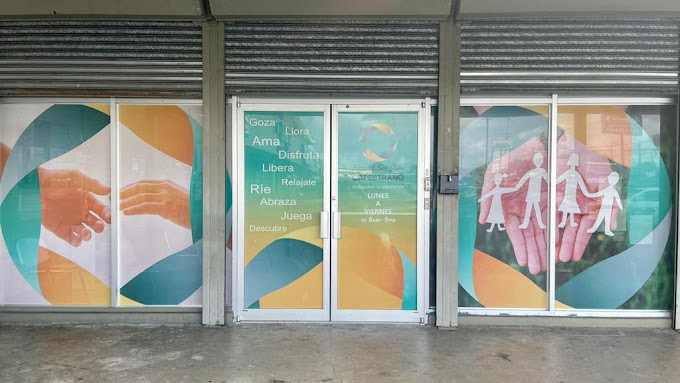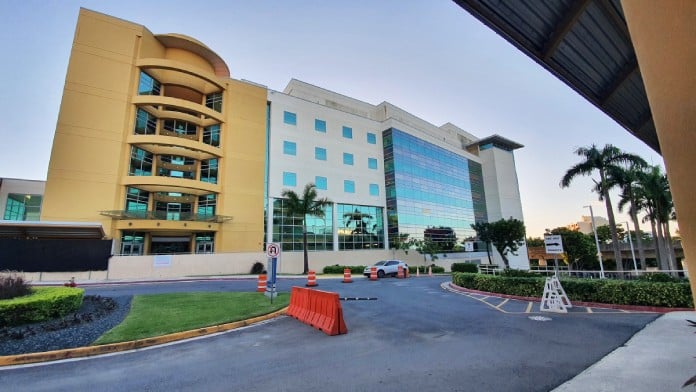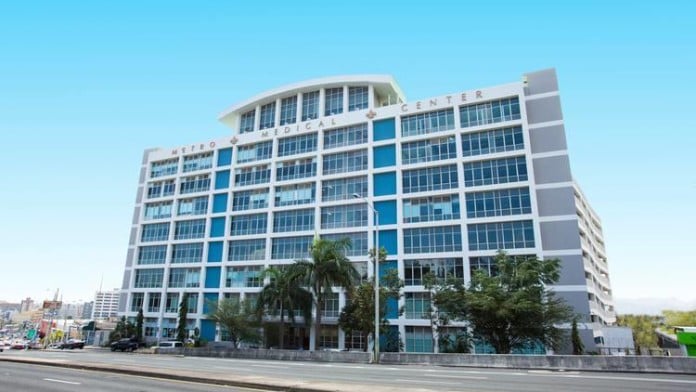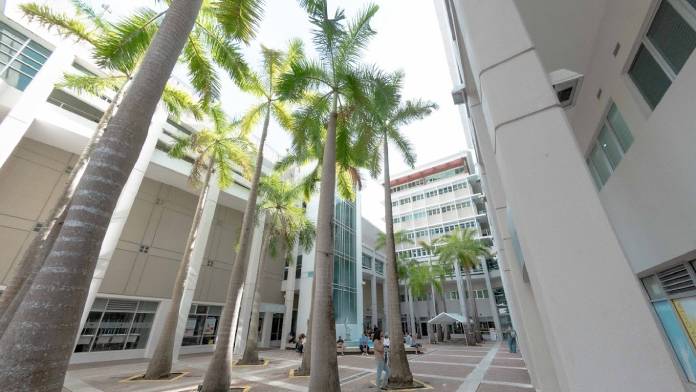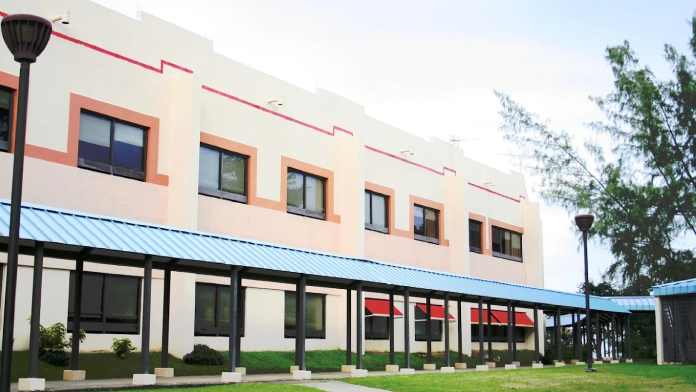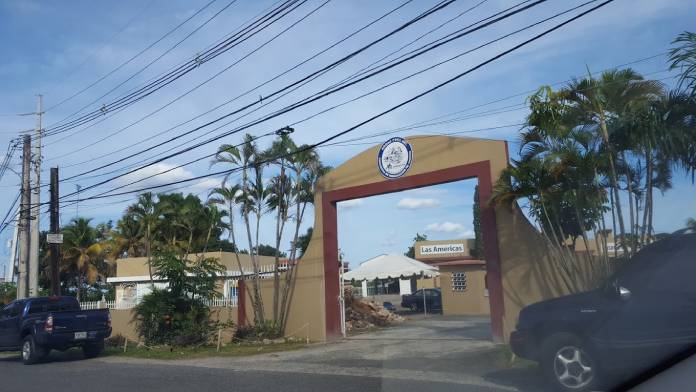About Neomed Center
If you’re looking for substance abuse and co-occurring disorder care in Gurabo, Puerto Rico, you may want to consider NeoMed Center. This is one of many facilities in the nonprofit NeoMed network, with services for people of all ages. They even have a medication assisted treatment (MAT) program for treating opioid use disorder.
What’s great about this facility is that they have a tiered discount for those who don’t have insurance. Of course, they also accept most insurance plans (including Medicare).
Gurabo is nestled in the Caguas Valley, hosting beautiful geographic features perfect for sightseeing, nature walks, and other sober fun.
An Integrated Approach to Addiction
This facility’s approach to substance abuse takes a broader view of your overall mental health to get to the core of addiction. This approach is important because it explores the links between other behavioral health issues (for example, depression and anxiety) and addictive behaviors. Not only does this give you more insight into your own behavioral health, but it can facilitate more effective and targeted treatment.
Co-occurring disorders tend to feed off one another and worsen symptoms in a vicious cycle. Treating all areas of your mental health will reduce the risk of future relapse while promoting your overall well-being.
Truly Coordinated Care
Facilities in the NeoMed network provide many medical services in addition to their behavioral health care, varying between locations. If you need additional specialty care throughout your treatment, your care team will facilitate this with referrals to the area that will meet your needs. This can include locations outside of the network if they’re best suited to help.
Don’t Wait During an Emergency
When a mental health crisis strikes, a rapid response can make all the difference. Rather than wait it out until your next appointment, you can take advantage of this location’s emergency room services to be seen right away. Simply visit during business hours and you’ll get immediate access to stabilization and medical services.
Your care team will be kept in the loop so any necessary changes can be made immediately. That way, your treatment needs will be kept up to date across providers.
Latest Reviews
Rehab Score
Gallery
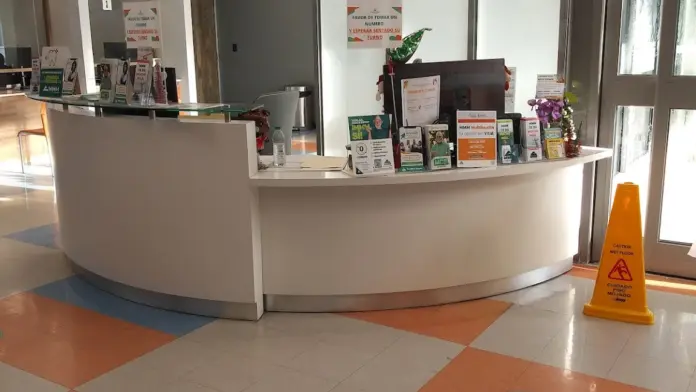
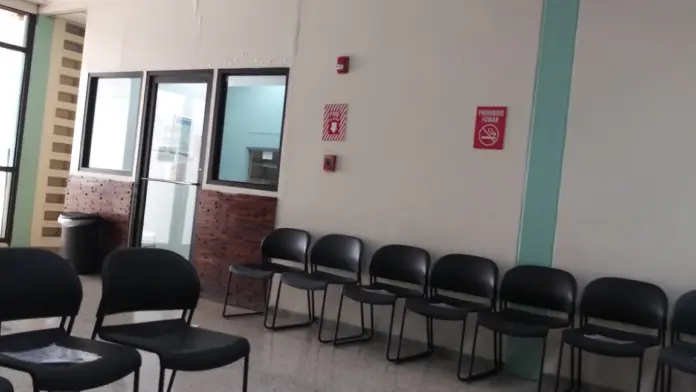
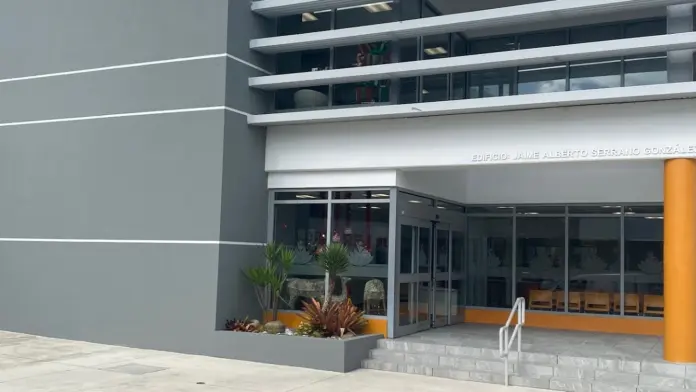
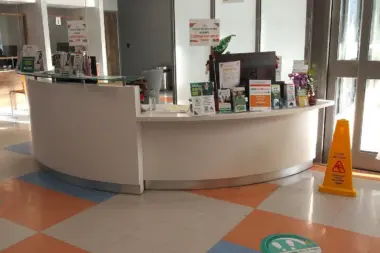
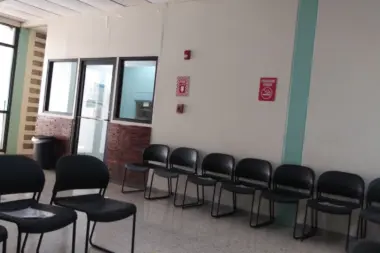
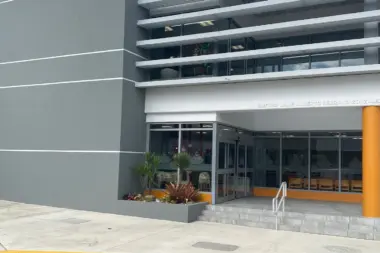
Other Forms of Payment
Private insurance refers to any kind of healthcare coverage that isn't from the state or federal government. This includes individual and family plans offered by an employer or purchased from the Insurance Marketplace. Every plan will have different requirements and out of pocket costs so be sure to get the full details before you start treatment.
Self-pay involves paying for treatment out of your own pocket. You can use savings or credit, get a personal loan, or receive help from family and friends to fund your treatment. If you don't have insurance or your insurance plan doesn't cover a specific program, self-pay can help ensure you still get the care you need.
Financial aid can take many forms. Centers may have grants or scholarships available to clients who meet eligibility requirements. Programs that receive SAMHSA grants may have financial aid available for those who need treatment as well. Grants and scholarships can help you pai for treatment without having to repay.
Sliding scale payments are based on a client's income and family size. The goal is to make treatment affordable to everyone. By taking these factors into account, addiction recovery care providers help ensure that your treatment does not become a financial burden to you or your family, eliminating one barrier to care.
Medicare is a federal program that provides health insurance for those 65 and older. It also serves people under 65 with chronic and disabling health challenges. To use Medicare for addiction treatment you need to find a program that accepts Medicare and is in network with your plan. Out of pocket costs and preauthorization requirements vary, so always check with your provider.
Medicaid is a state based program that helps lower-income individuals and families pay for healthcare. Medicaid covers addiction treatment so those enrolled can use their coverage to pay for rehab. When a program accepts Medicaid the client often pays very little or nothing out of their own pocket.
Addiction Treatments
Levels of Care
Outpatient Programs (OP) are for those seeking mental rehab or drug rehab, but who also stay at home every night. The main difference between outpatient treatment (OP) and intensive outpatient treatment (IOP) lies in the amount of hours the patient spends at the facility. Most of the time an outpatient program is designed for someone who has completed an inpatient stay and is looking to continue their growth in recovery. Outpatient is not meant to be the starting point, it is commonly referred to as aftercare.
Treatments
Mental health rehabs focus on helping individuals recover from mental illnesses like bipolar disorder, clinical depression, anxiety disorders, schizophrenia, and more. Mental health professionals at these facilities are trained to understand and treat mental health issues, both in individual and group settings.
Programs
Adult rehab programs include therapies tailored to each client's specific needs, goals, and recovery progress. They are tailored to the specific challenges adult clients may face, including family and work pressures and commitments. From inpatient and residential treatment to various levels of outpatient services, there are many options available. Some facilities also help adults work through co-occurring conditions, like anxiety, that can accompany addiction.
Young adulthood can be an exciting, yet difficult, time of transition. Individuals in their late teens to mid-20s face unique stressors related to school, jobs, families, and social circles, which can lead to a rise in substance use. Rehab centers with dedicated young adult programs will include activities and amenities that cater to this age group, with an emphasis on specialized counseling, peer socialization, and ongoing aftercare.
Clinical Services
Cognitive Behavioral Therapy (CBT) is a therapy modality that focuses on the relationship between one's thoughts, feelings, and behaviors. It is used to establish and allow for healthy responses to thoughts and feelings (instead of unhealthy responses, like using drugs or alcohol). CBT has been proven effective for recovering addicts of all kinds, and is used to strengthen a patient's own self-awareness and ability to self-regulate. CBT allows individuals to monitor their own emotional state, become more adept at communicating with others, and manage stress without needing to engage in substance abuse.
Group therapy is any therapeutic work that happens in a group (not one-on-one). There are a number of different group therapy modalities, including support groups, experiential therapy, psycho-education, and more. Group therapy involves treatment as well as processing interaction between group members.
In individual therapy, a patient meets one-on-one with a trained psychologist or counselor. Therapy is a pivotal part of effective substance abuse treatment, as it often covers root causes of addiction, including challenges faced by the patient in their social, family, and work/school life.
Whether a marriage or other committed relationship, an intimate partnership is one of the most important aspects of a person's life. Drug and alcohol addiction affects both members of a couple in deep and meaningful ways, as does rehab and recovery. Couples therapy and other couples-focused treatment programs are significant parts of exploring triggers of addiction, as well as learning how to build healthy patterns to support ongoing sobriety.
Research clearly demonstrates that recovery is far more successful and sustainable when loved ones like family members participate in rehab and substance abuse treatment. Genetic factors may be at play when it comes to drug and alcohol addiction, as well as mental health issues. Family dynamics often play a critical role in addiction triggers, and if properly educated, family members can be a strong source of support when it comes to rehabilitation.
Nutrition therapy, aka medical nutrition therapy (MNT), is a way of treating physical, emotional, and medical conditions through diet. Specific dietary plans are designed by professional nutritionists or registered dietitians, and patients follow them in order to positively affect their physical and mental health.
Amenities
-
Residential Setting
-
Private Rooms
Staff
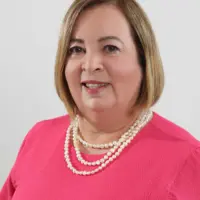
Sra. Daisy Pérez Montañez
BOD, President
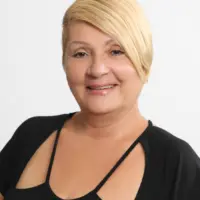
Sra. Natividad Flores
BOD, VP

Sra. Deliris Montañez
BOD, Treasurer
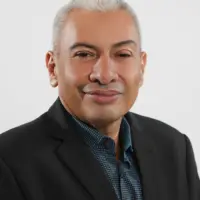
Sr. José Vázquez
BOD, Sub-Treasurer
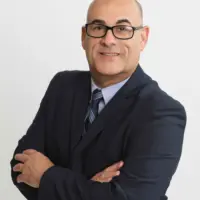
Sr. José Rivera Ayala
BOD, Secretary
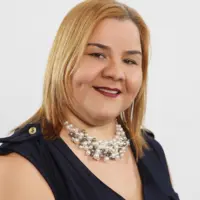
Sra. Xiomara Santiago Carrasquillo
BOD, Sub-Secretary

Sra. Myrna González
Director

Shakira Alemán
Director
Contact Information
Carr 941 San Antonio Final
Salida Bo Jaguas
Gurabo, PR 00778
